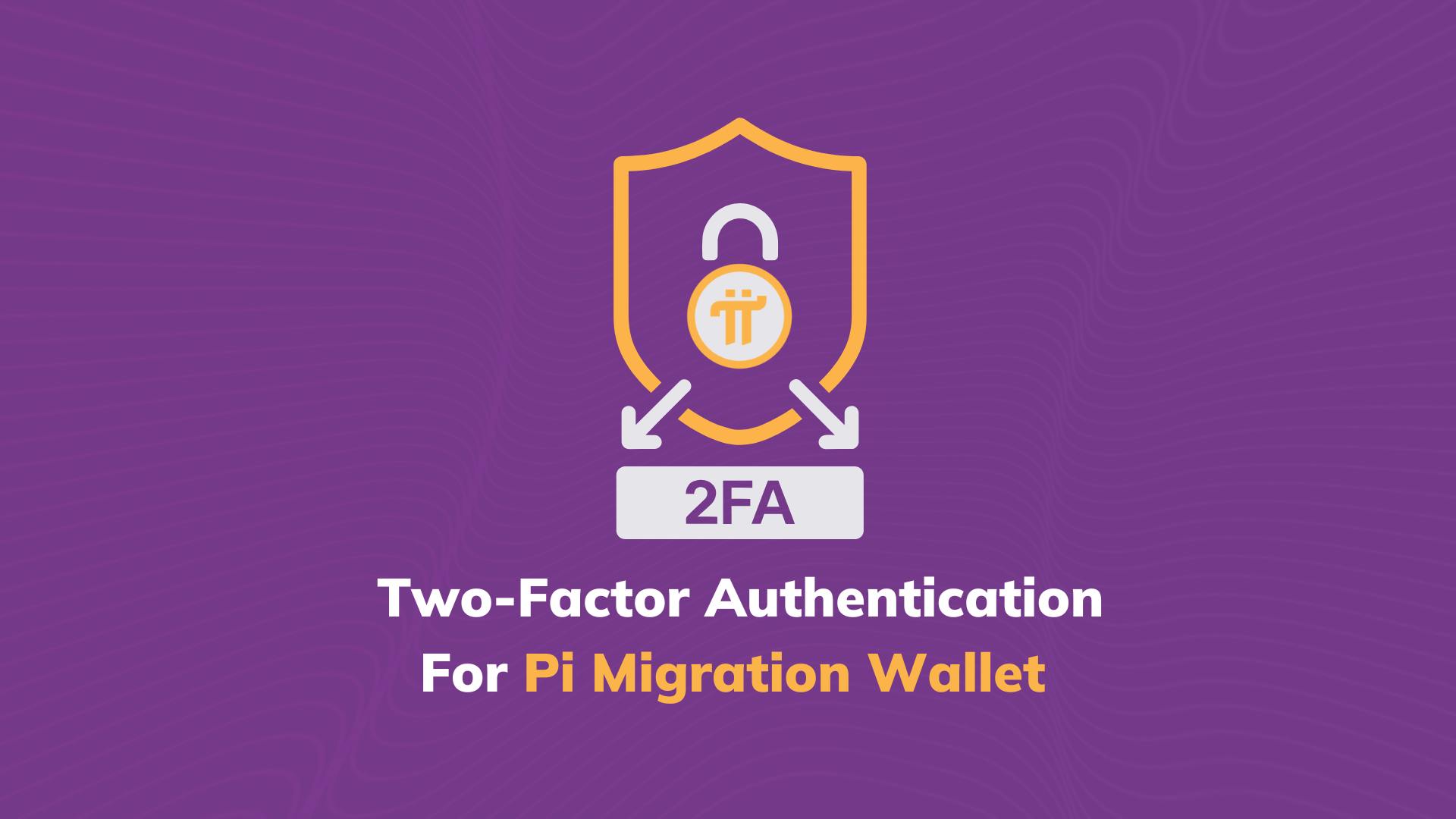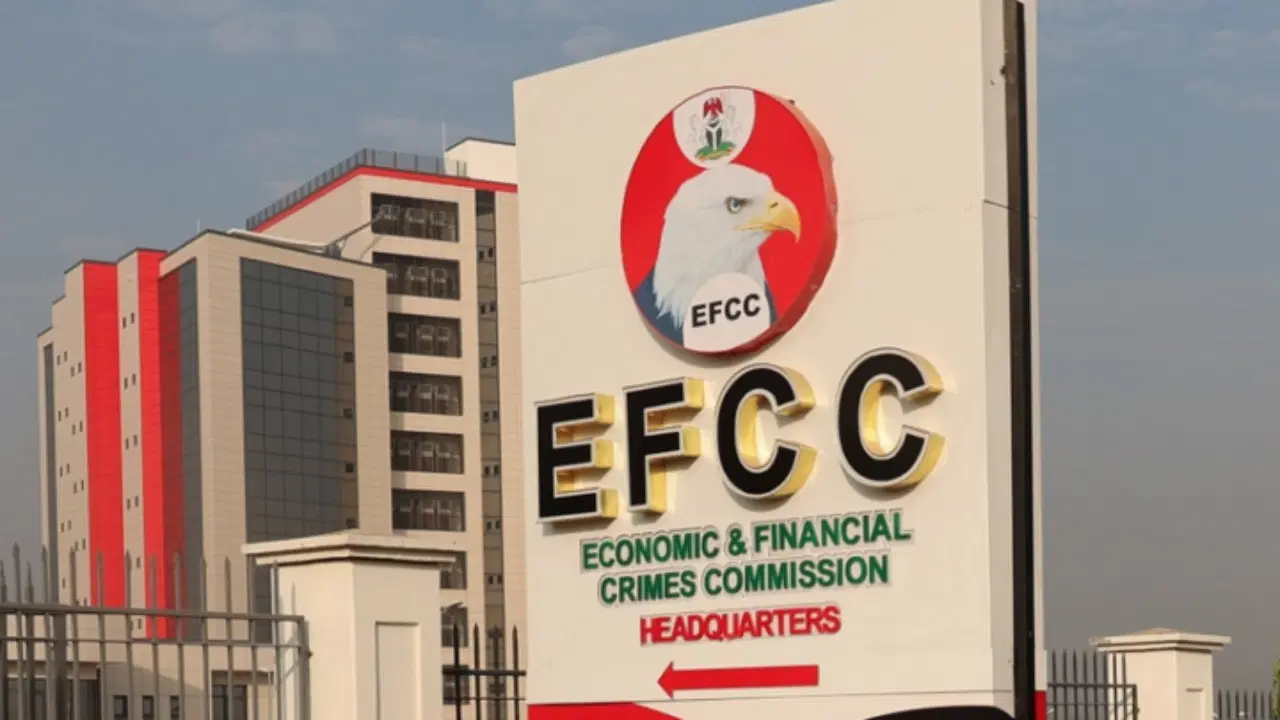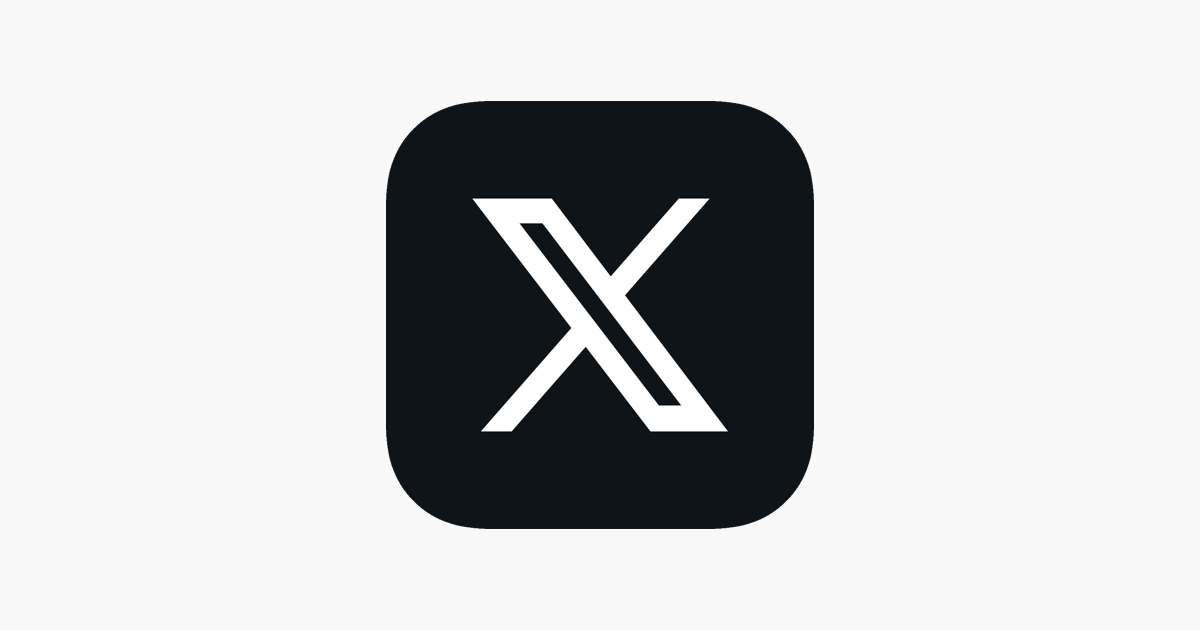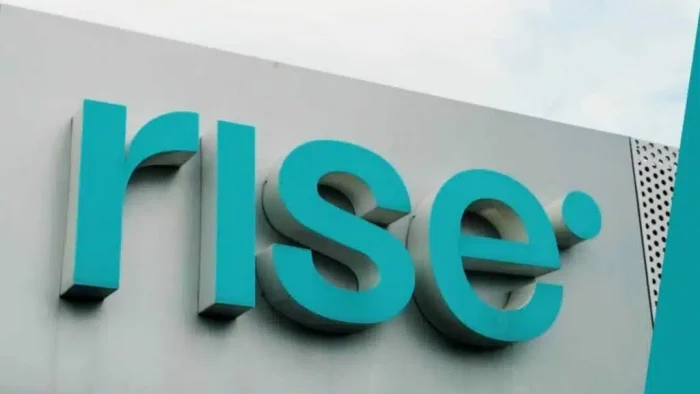The Economic and Financial Crimes Commission (EFCC) on Tuesday published a list of at least 58 companies that use Ponzi schemes, also known as illegal investment schemes, to defraud unsuspecting Nigerians.
This action demonstrates the EFCC’s commitment to sanitising Nigeria’s financial system and protecting its citizens from fraudulent investment platforms.
In a statement released on Tuesday, the EFCC stated that these companies are operating unlawfully due to their failure to register with the Central Bank of Nigeria (CBN) or the Securities and Exchange Commission (SEC).
Read also: EFCC repatriates $120,000, N70.6 million to U.S., Spanish citizens scammed by Yahoo Boys
The statement reads, “The Economic and Financial Crimes Commission, EFCC, hereby alerts Nigerians on the operations of 58 companies posturing as investing entities and defrauding innocent Nigerians of their hard-earned money.”
“The companies are neither registered with the Central Bank of Nigeria, CBN, nor the Security Exchange Commission, SEC. The two regulators, in separate correspondences with the EFCC, denied that they are registered with them,” it added.
Both regulatory bodies confirmed in separate letters that these organisations lack the necessary authorisation to function as investment businesses.
Several of these companies have been sued by the EFCC. Five of the cases have already been found guilty, five are still awaiting arraignment, and five more have pleaded guilty and are awaiting a review of the facts.
“The Commission has charged many of the companies to court, with five of them convicted, another five pleaded guilty but awaiting review of facts while the rest are pending arraignment,” the statement reads.
How Ponzi schemes operate
Ponzi schemes typically attract people seeking quick riches because they offer high returns with little to no risk. However, these schemes are not long-term viable because they rely on funds from new investors to provide returns to earlier investors. When the plan fails because fewer new investments are made, participants lose a lot of money.
As demonstrated by these companies’ alleged involvement in fraudulent activities, due diligence is essential prior to making any investments.
The EFCC reiterated its commitment to shielding Nigerians against financial predators and fraudulent investment schemes.
“The EFCC assures the public of its vigilance and proactive monitoring of every entity and player in the nation’s economic space to safeguard the public from opportunistic and predatory operators and use the instrumentality of its anti-corruption mandate to stimulate growth in the economy.”
In order to prevent further exploitation of Nigerians, the commission pledges to monitor the economy aggressively and continuously.
Read also: EFCC announces online auction of 900 luxury vehicles seized from Yahoo Boys, corrupt politicians
Below is the full list of the companies designated as Ponzi scheme operators by the EFCC:
1. Wales Kingdom Capital
2. Bethseida Group of Companies
3. AQM Capital Limited
4. Titan Multibusiness Investment Limited
5. Brickwall Global Investment Limited
6. Farmforte Limited & Agro Partnership Tech
7. Green Eagles Agribusiness Solution Limited
8. Richfield Multiconcepts Limited
9. Forte Asset Management Limited
10. Biss Networks Nigeria Limited
11. S Mobile Netzone Limited
12. Pristine Mobile Network
13. Letsfarm Integrated Services
14. Bara Finance & Investment Limited
15. Vicampro Farms Limited
16. Brooks Network Limited
17. Gas Station Supply Services Limited
18. Brass & Books Limited
19. Annexation Biz Concept
20. Maitanbuwal Global Ventures
21. Crowdyvest Limited
Other firms include:
22. Jadek Agro Connect Limited
23. Adeeva Capital Limited
24. Oxford International Group and Oxford Gold Integrated
25. Skapomah Global Limited
26. MBA Trading & Capital Investment Limited
27. TRJ Company Limited
28. Farm4Me Agriculture Limited
29. Quintessential Investment Company
30. Adeprinz Global Enterprises
31. Rockstar Establishment Limited
32. SU. Global Investment
33. Citi Trust Funding PLC
34. Farm Buddy
35. Eatrich 369 Farms & Food
36. Globertrot Farmsponsors Nigeria Limited
37. Farm Sponsors Limited
38. Cititrust Credit Limited
39. Farmfunded Agroservices Limited
40. Adamakin Investment & Works Limited
Additional firms include:
41. Cititrust Holding PLC
42. Green Eagles Agribusiness Solutions Limited
43. Chinmark Homes & Shelters Limited
44. Emerald Farms & Consultant Limited
45. Ovaioza Farm Produce Storage Limited
46. Farm 360 & Agriculture Company
47. Requid Technologies Limited
48. West Agro Agriculture & Food Processing Limited
49. NISL Ventures Limited & Estate of Laolu Martins
50. XY Connect Investment Limited
51. River Branch Unique Investment Limited
52. Hallmark Capital Limited
53. CJC Markets Limited
54. Crowd One Investment
55. Farmkart Foods Limited
56. KD Likemind Stakeholders Limited
57. Holibiz Finance Limited
58. Ifeanyi Okpe Oil & Gas Services
59. Servapps Nigeria Limited
60. Barrick Gold Mining Company
61. 360 Agric Partners Limited









